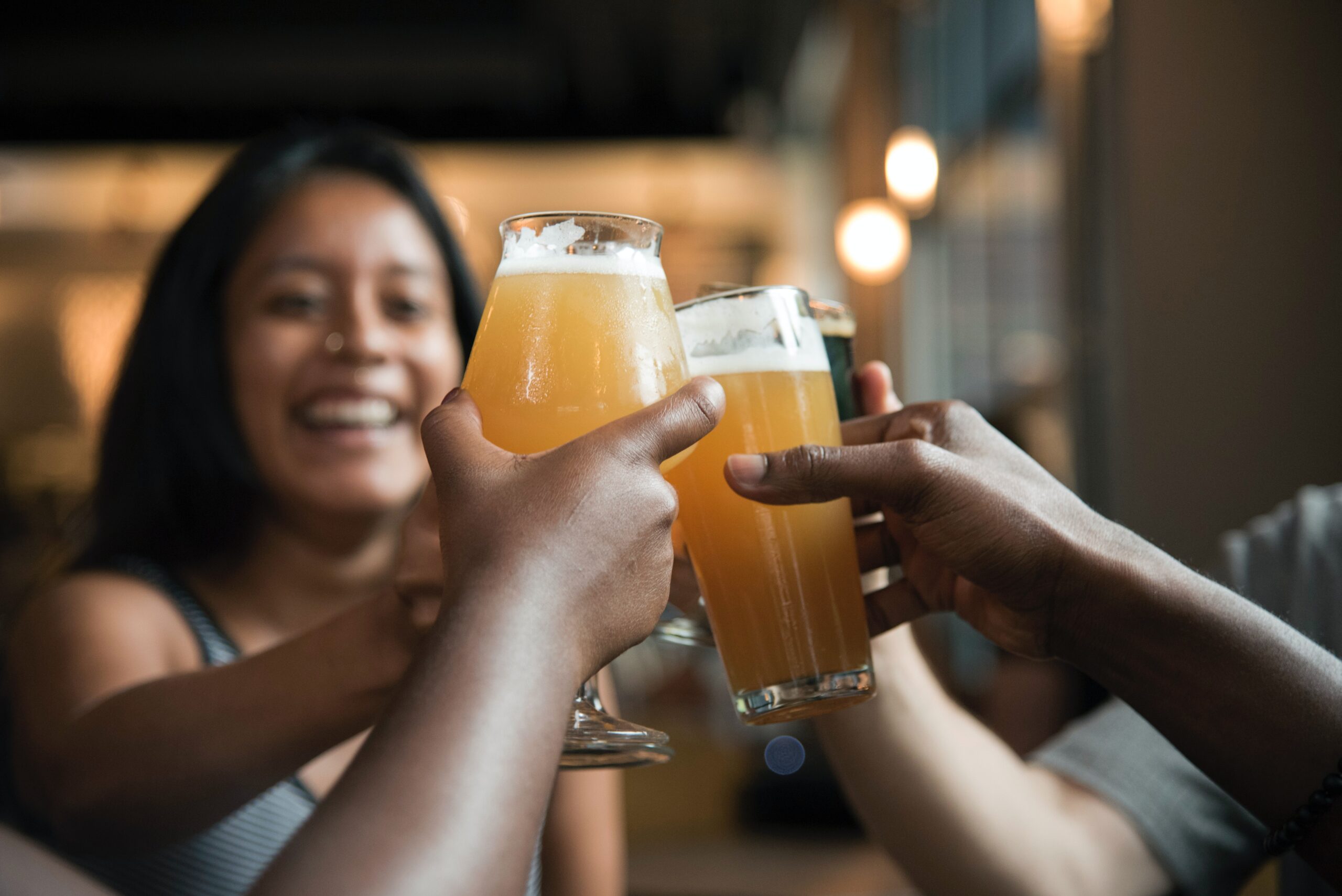April is Alcohol Awareness Month. Here’s How To Recognize Signs of Alcoholism And Get Help
Substance abuse can be a challenging topic to talk about. Yet, with April being Alcohol Awareness Month, now is as good a time as any to discuss alcoholism. Often, alcoholics may not have the stereotypical image that people are used to seeing in the movies. A stereotypical alcoholic might be someone who drinks all the time, always wreaks of alcohol and has difficulty getting their life together or holding down a job. And yet alcoholism— which is clinically called “alcohol use disorder”—can manifest in many different ways ranging from mild to severe. Many times, people who have a severe condition might come off as stereotypical alcoholics. Others with milder symptoms might seem more well put together. If you suspect that you or a loved one might be struggling with alcoholism, here are signs to look for and ways to find help.
Regularly Sneaking Alcohol Into Regular Drinks
If you find yourself always adding alcohol to coke bottles, Gatorade or lemonade, especially at odd times of the day, it might be time to take a step back and evaluate why you feel the need to add alcohol to your drink at 11 a.m.
Crave Alcohol Uncontrollably
Alcoholism can creep in when you constantly crave a drink, especially during high-stress times. Part of healthy emotional regulation is the ability to control our stress without external stimulants. Once you notice that you or your loved one cannot go through anxiety or heartbreak without the need to throw back a drink, it can point to a deeper problem.
Getting Drunk Unintentionally
One indicator of alcoholism is unintentionally getting drunk. If you find yourself unable to stop drinking after one glass and instead of taking one sip after the next, only to end up with a throbbing hangover the next day, it may be a sign of alcoholism.
Feeling Guilty
If you find yourself or someone close to you regularly feeling guilty for drinking or denying (or even hiding) your drinking, that may be a problem. A balanced relationship with alcohol does not need to be hidden, and once you find yourself denying drinking, it may be time to reevaluate what is going on.
If you or a loved one are struggling with excessive alcohol use, here are some helpful resources:
- Banner Behavioral Health
- National Institute on Drug Abuse
- Substance Abuse and Mental Health Services Administration
- National Institutes of Health
Therapy is a viable treatment for alcoholism and can make a difference for anyone struggling with alcohol use. Doctors may also be able to prescribe medication to curb alcohol cravings. If you have a loved one who is an alcoholic, they may want to join a support group like Alcoholics Anonymous, Smart Recovery, and Celebrate Recovery; there is hope and recovery out there and if you and your loved one are suffering from alcoholism, remember that you are not alone, and you have the decision to turn things around.
